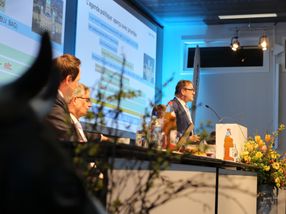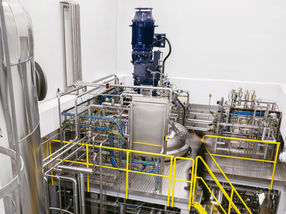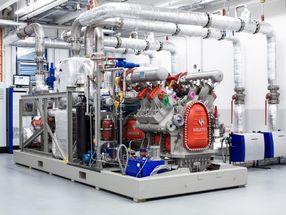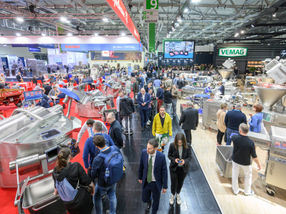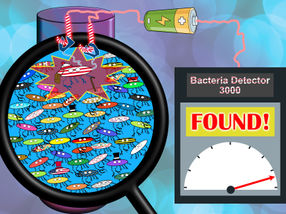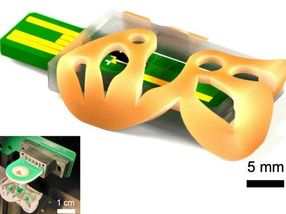Italian police seize more than 90,000 eggs contaminated with fipronil
More than 90,000 eggs contaminated by the insecticide fipronil have been requisitioned by police in Italy.
Some 6,000 eggs were found at a producer near Ancona, on the Adriatic coast, while 85,000 - including 32,000 to be used as animal feed - were located at another producer in Viterbo, north of Rome.
In a Wednesday press conference, the food safety corps of the Carabinieri police, the NAS, said they were investigating the cause of the contamination.
It could have been "accidental," or it may have been the result of the illegal presence of fipronil in chicken feed, the head of the NAS, General Adelmo Lusi, said.
The Italian Health Ministry said separately that 124 samples of egg products had been tested, and eight tested positive for the insecticide. Contaminated frozen omelettes were requisitioned in Lombardy on Monday, it added.
Fipronil, a common ingredient in veterinary products for getting rid of fleas, lice and ticks in animals, is banned under EU law for use on animals destined for human consumption.
Italy is among more than a dozen European countries affected by the contamination scandal, which has highlighted the complexity of food supply chains on the continent.(dpa)
Most read news
Other news from the department business & finance

Get the food & beverage industry in your inbox
From now on, don't miss a thing: Our newsletter for the food & beverage sector brings you up to date every Tuesday and Thursday. The latest industry news, product highlights and innovations - compact and easy to understand in your inbox. Researched by us so you don't have to.
Most read news
More news from our other portals
See the theme worlds for related content
Topic world Food safety
Food safety is at the heart of the food and beverage industry. It ensures that the food we eat every day is not only nutritious, but also free of harmful contaminants. From field to plate, the industry monitors and regulates every step of the process with strict quality controls, advanced testing methods and continuous research.

Topic world Food safety
Food safety is at the heart of the food and beverage industry. It ensures that the food we eat every day is not only nutritious, but also free of harmful contaminants. From field to plate, the industry monitors and regulates every step of the process with strict quality controls, advanced testing methods and continuous research.






